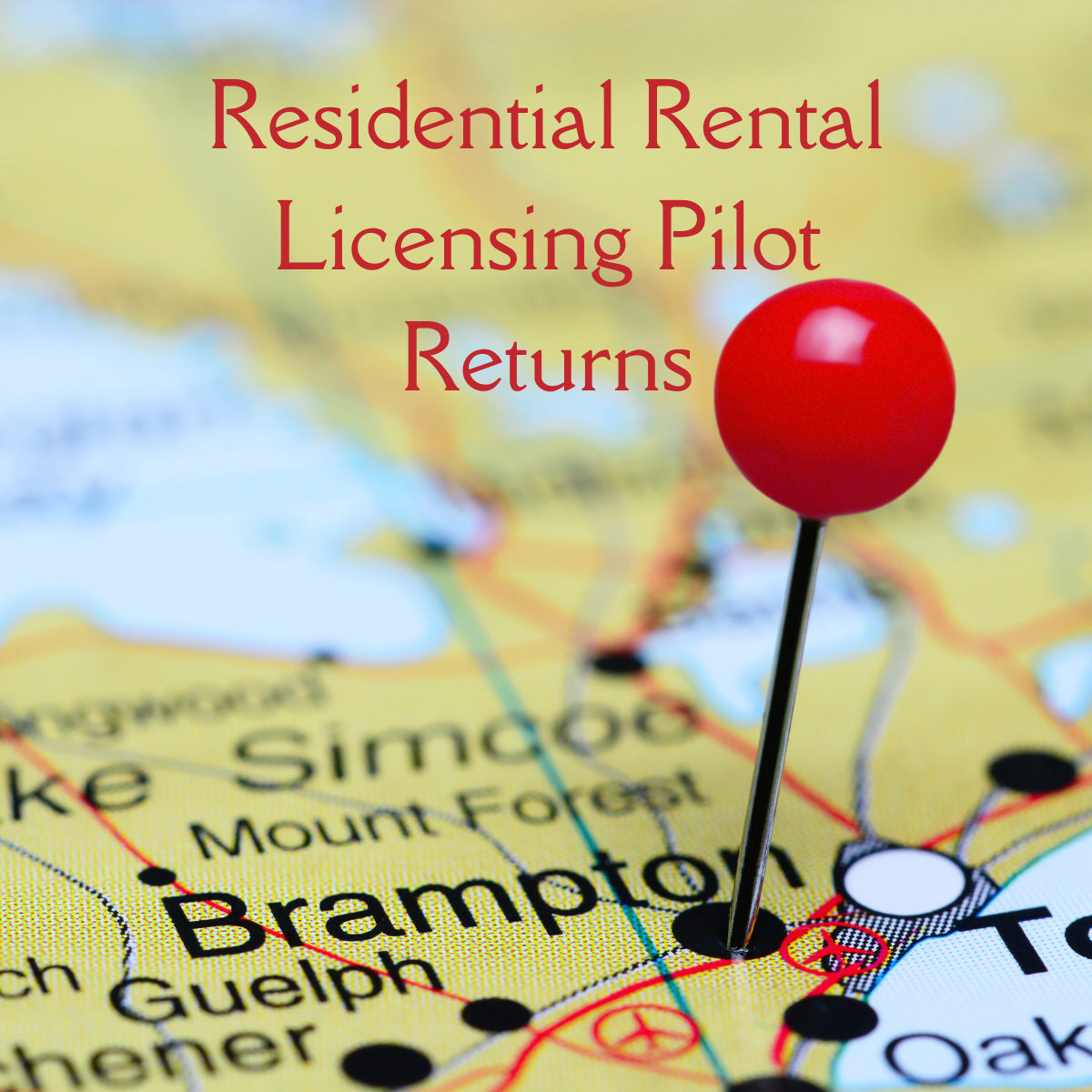
Brampton Residential Licensing Pilot Reintroduced
The Brampton Landlord Licensing pilot gets huge public support.
The much anticipated and hated Brampton Landlord Licensing pilot got one of its kind amazing response
from the public.
During a survey conducted at a telephone town hall by Brampton city council, the RRL pilot found a very
encouraging response from residents to keep in check illegal rental units and properties.
On February 22nd the city organised the telephone town hall for seeking suggestions and participation
from landlords and to provide them with updates on the changes of the Residential Rental Licensing Pilot program.
The response and the feedback from the public was overwhelming. 84% participants responded, “Yes”, in favour of dealing with the menace of illegal rentals with strictness, whereas 6% said “No”. 10% participants had no opinion. According to the city, more than 7000 residents participated in the telephone town hall. Similar number of participants responded positively to the question of “Stricter Penalties”, for illegal second units where public health and safety were at risk.
The city had faced stiff resistance from landlords when the RRL was launched on January 1st . A month later it was withdrawn because of the stiff opposition from the landlords. The landlords were so adamant that they took the protest to change.org, where a petition was started for convincing the council to scrap the RRL altogether.
The city had later announced that the revised and updated RRL pilot will be reintroduced in March. While this time the city seemed pretty sure for the reintroduction of the pilot immediately, the Manager of Policy, Programs, and Implementation for the city, Jeffrey Humble, added at the telephone town hall that it will more realistically be relaunched in early April.
“The objective here is to make the program very easy for those that are compliant, that have legal units, and working with those perhaps who are non-compliant to move them towards compliance,” said Humble. “And that’s what the program is designed to do.”
The RRL empowers the city council to enforce mandatory licensing and stricter adherence to health and safety
regulations by the landlords. It would subject the property to regular health and safety inspections. The landlords would
also have to pay Licensing fees.
“With this program, the city is better positioned to investigate and respond to complaints regarding
ARUs — or additional rental units — also known as secondary units,” Wards 1 and 5 Councillor and RRL task force member Rowena Santos said during the town hall.
“Many landlords do what is necessary to ensure their units are safe, legal and livable. But
unfortunately, some landlords operate without any accountability. They neglect property
standards, exploit tenants and jeopardize community safety,” she added.
The mayor of Brampton Patrick Brown has made it very clear that the necessary changes have
been made and this time the council would not backdown in its implementation of the pilot
program.
“There is probably no topic we’ve had more complaints about in the City of Brampton than illegal
secondary suites. And this council had the courage to say, ‘enough is enough. We have to deal with
this challenge in our city”, Brown said during the town hall, while stressing that legally operating
landlords have nothing to be concerned about.
“Legal basement apartments (and) legal secondary units, you’re automatically going to be invited to
join (the program). There will be no additional paperwork or fees. For illegal landlords, for those that
have preyed upon students or the vulnerable, that’s no longer going to be permitted in our city. We
are no longer going to turn a blind eye to that,” Brown said.
“We are preparing for unusual, hypothetical situations,” Brown also said. “[If] you have a pending eviction at the LTB, we’re looking at provisions within this program that would exempt you from being fined… but there has to be proof that you’ve gone to the LTB, that you’re seeking an eviction.”

